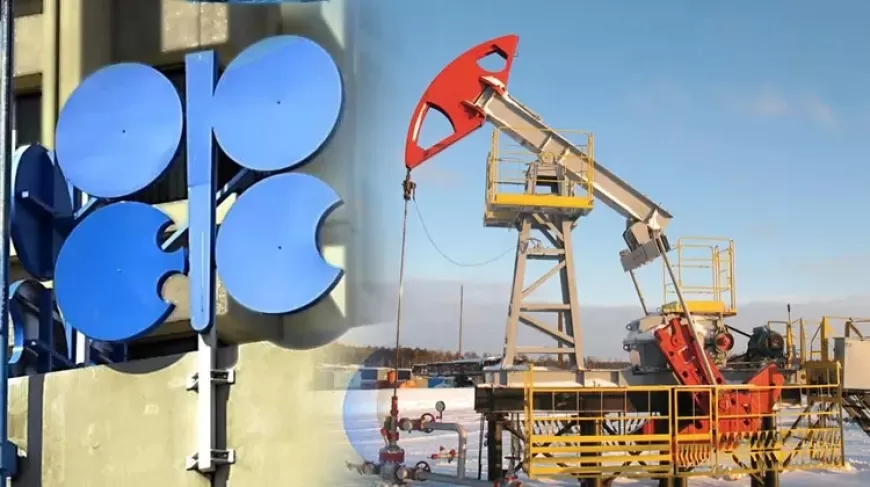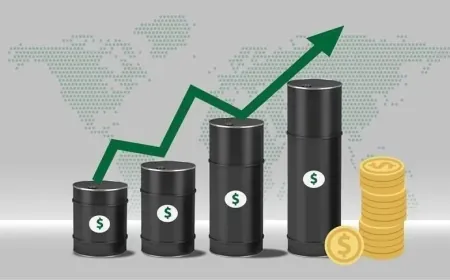Oil Prices Steady as OPEC+ Plans Production Increase
OPEC+ plans to increase oil production, keeping prices steady. Learn about the impact on oil markets, demand from China, and geopolitical tensions.

Oil prices remained stable after OPEC+ announced plans to gradually boost production starting in October, despite concerns about demand and ample supply from other sources.
Following an OPEC+ meeting, the Saudi Energy Ministry confirmed that the current production cuts will remain through the third quarter, with a phased increase over the next year. Brent crude stayed near $81 per barrel, while West Texas Intermediate hovered around $77.
Goldman Sachs Group Inc. viewed the OPEC+ decision as negative due to a recent increase in oil inventories. On the other hand, UBS Group AG and RBC Capital Markets LLC expressed confidence that OPEC+ would continue to manage the market effectively. Most analysts had anticipated that OPEC+ would extend the production cuts until the year's end. This plan aims to support oil prices while easing production limits, which some members, like the United Arab Emirates, had pushed to raise.
"We have seen a limited price reaction so far," said Ole Hansen, head of commodity strategy at Saxo Bank A/S. He noted that while reducing cuts from October might affect the market, demand is expected to rise in the coming months. "We view the $75 level in Brent as a significant point, below which OPEC+ would likely intensify efforts to support prices."
On Monday, trading volumes were higher than usual, yet oil options continued to show a negative trend. Puts, which gain from lower prices, remained more expensive than calls.
Oil closed the month with a loss on Friday, partly due to ongoing concerns about demand from China, the world's biggest oil importer. Brent briefly dipped into a bearish contango structure last week, and fuel markets showed signs of weakness.
Despite recent volatility, oil prices are still up this year due to geopolitical tensions from the Middle East to Ukraine affecting supply. Israel has rejected a ceasefire plan proposed by US President Joe Biden, as the conflict in Gaza continues into its eighth month.
Also Read: Oil Prices Climb Amid OPEC+ Meeting and US Travel Surge































































